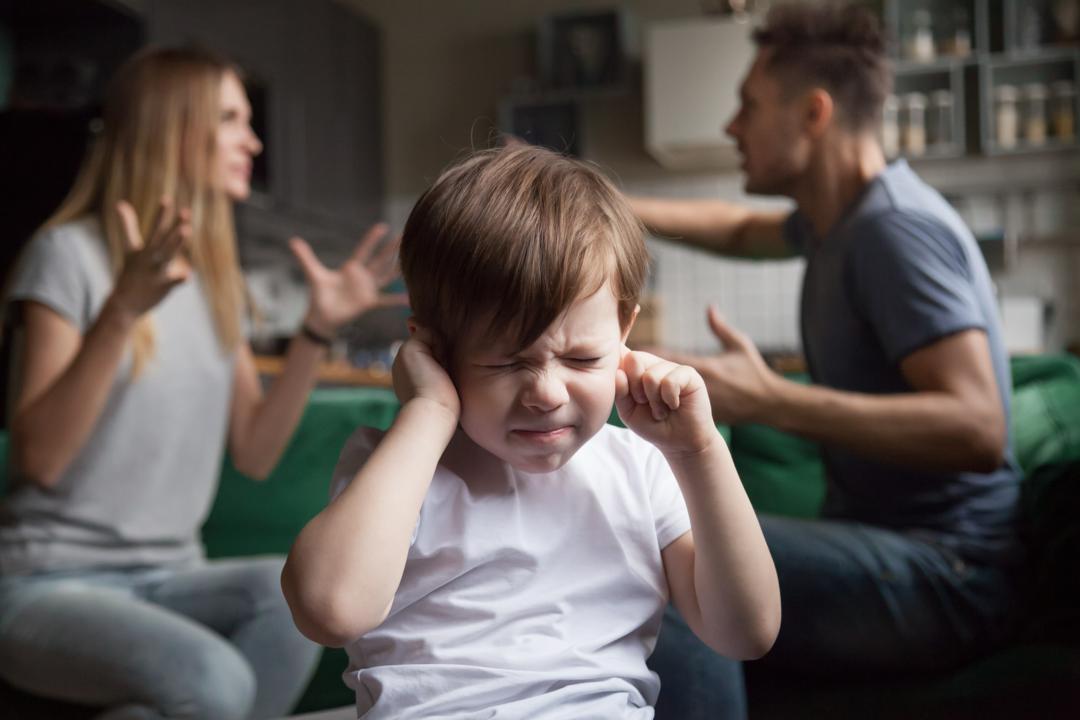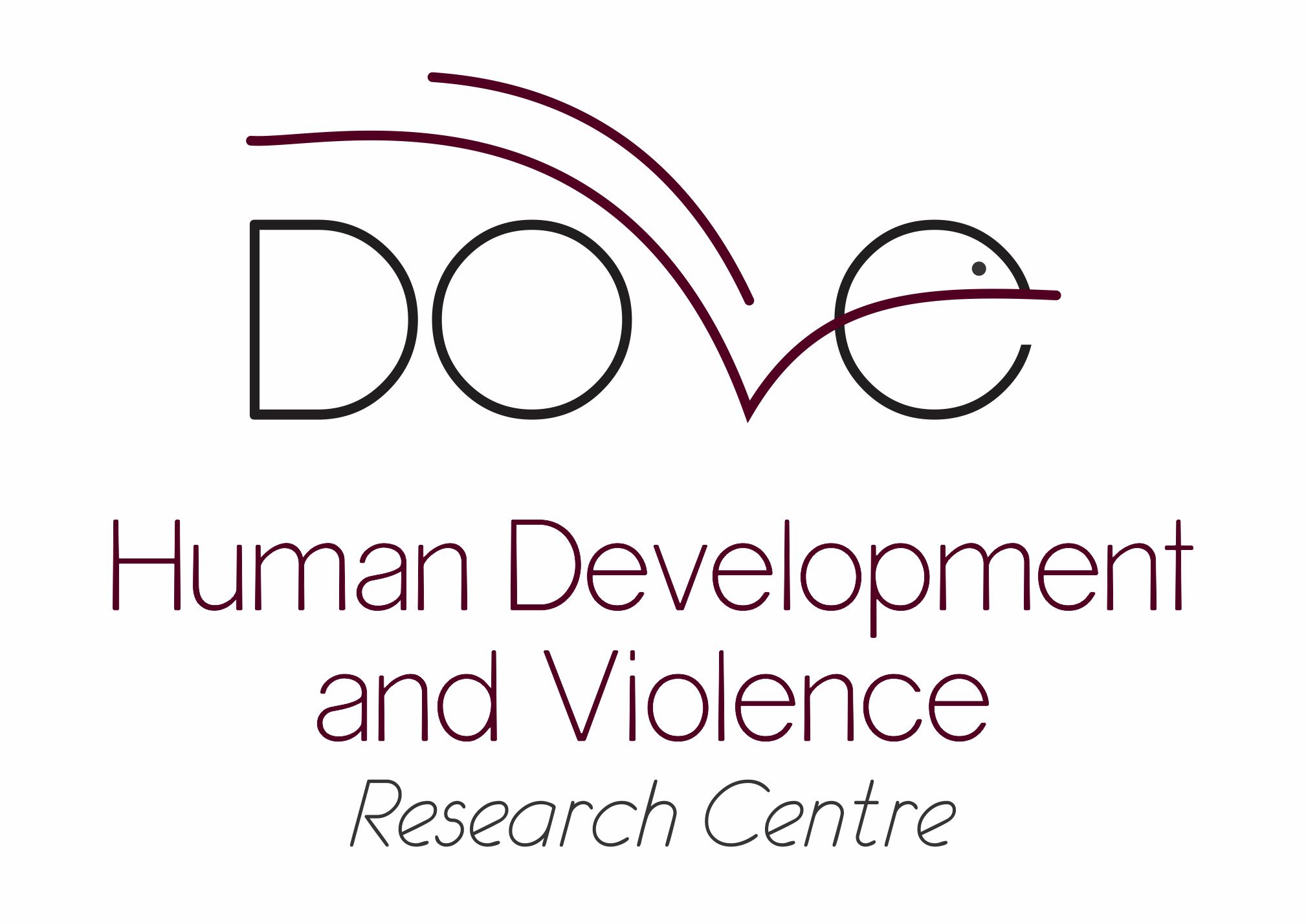Toxic stress and development

Exposure to violence and other forms of toxic stress in early life is linked to poor cognitive and social development, with potential life-long consequences. We measure exposure to stress through interviews and questionnaires with parents and youth, as well as biological markers, in the four Pelotas birth cohort studies, following 20,000 children born in 1982, 1993, 2004 and 2015 in southern Brazil.
Stressful environments strain caregivers, reducing capacity to provide nurturing care for children, and increasing risk for harsh and inconsistent parenting. Maltreatment may arise in situations of severe environmental stress, or with parental drug or alcohol use, and criminal or psychiatric conditions. In the largest study of its type in a developing country, we are examining chronic stress activation among mothers to determine how this influences parenting practices and child cognitive and psychosocial development. A key mechanism by which stress may affect child development is via HPA axis dysregulation. We measure chronic HPA axis activation using hair cortisol levels in mothers and children, to test whether this predicts child socio-cognitive development and aggression. The PIÁ trial is evaluating whether interventions to support parents with young children can prevent this chain of adverse events.
Collaborators: Andrea Gonzalez (McMaster University), Isabel Oliveira (Federal University of Pelotas)
Funding: Wellcome Trust


